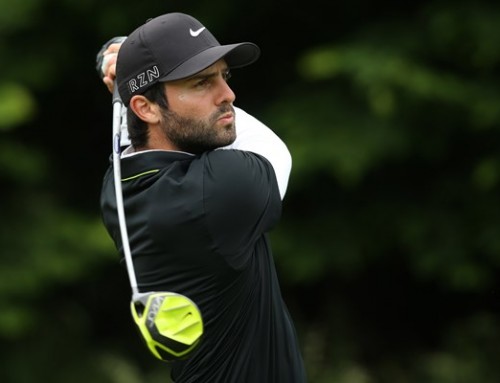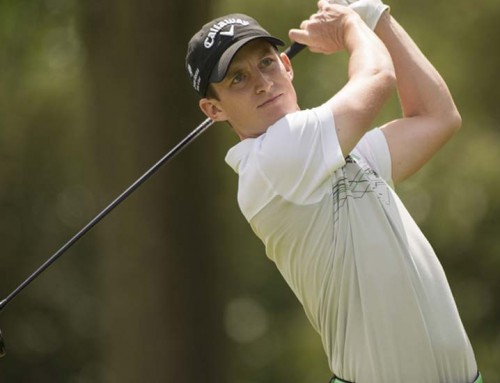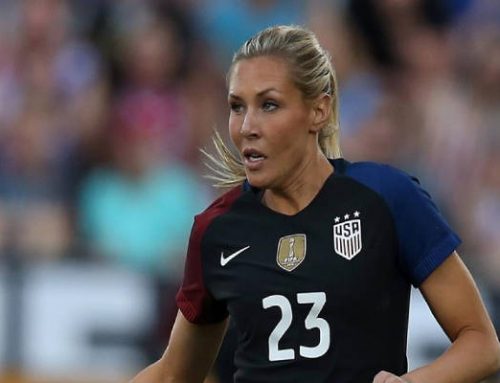Julia Hartley Brewer from LBC 97.3 interviews sport psychology expert Dan Abrahams on children’s competitiveness, fun and learning in sport. Below the audio player is the written transcript for those that wish to read rather than listen.
LBC 97.3 – Do we have too much pressure on children to win at all costs when it comes to sport? Let’s talk now to Dan Abrahams who’s a sports psychologist. Thanks for joining us Dan.
Dan Abrahams – Hi Julia. How are you.
LBC 97.3 – Very well indeed. Now is it true that this is getting worse? I was under the impression that we weren’t encouraging children to be competitive enough?
Dan Abrahams – I don’t think it’s getting worse. I think it’s always been there. But let me give you a piece of research that’s been done recently by the Football Association. They actually went out and they interviewed the people that matter the most. The young people the kids. They interviewed fifty groups of ten year old footballers. They asked them ‘why do you play football’ and the answers coming back weren’t because ‘we want to win’, ‘we want to win the league’, ‘we want to beat everybody’, the answer was firstly ‘we want to have fun’, secondly ‘we love playing the game’, thirdly ‘we want to play with team mates’. What this means, we need better coaching cultures that firstly help young people, that help kids have fun in their sporting environment, secondly places where they can actually learn, where they can learn skills. Once you’ve got those two in place within your coaching culture, then and only then should we be looking at competitiveness. But that’s not to say that we get rid of the competitiveness. But that comes third behind fun and learning.
LBC 97.3 – Well indeed. I mean certainly for me sport was a kid around fun than anything else because I was no use to anyone. I was the sort of person, because I was tall, I look like the sort of person who should be good at sport. The PE teachers would look at me very hopefully each time I arrived in their class and then within about twenty minutes realised I was a hopeless case and ignored me. But in terms of this does this pressure is it from the sports teachers, is it from other kids in the classroom, is it from the pushy parents or is it from this lack of sportsmanship that we see in top level sports now, particularly premiership football?
Dan Abrahams – I think it’s a complex landscape. I don’t think there’s any one particular source. I mean certainly dealing with a youth sport, I was a professional golfer. I played professional golf and I’ve worked as a coach within professional golf. Now I do work predominantly in football.
LBC 97.3 – Your just rubbing it in now aren’t you Dan. Do you know what you just said to me, you know what I heard when you was speaking, I heard ‘I’m good at sport’.
Dan Abrahams – Well I can tell you categorically I was probably the world’s worst professional golfer, hence why I’m a sports psychologist today. I think the landscape is complex and working across a range of sports, youth sport, sometimes I deal with pushy parents, I help clubs deal with pushy parents. I’m often up skilling coaches coming back to that fun learning and then competition process and absolutely we do have to look at the role models today. The footballers diving / cheating. But then to reframe that I think that as football coaches as parents we have to point at those incidents and say that these are learning experiences. This is how we can help guide our child. Of course our young players are going to look at their role models and say ‘well I want to do that’. But that gives us an opportunity to guide them in a different direction perhaps.
LBC 97.3 – But there is something good about winning. We all know there is something good about winning. We all know anyone who’s got a child will know those moments when they’ve actually won something, you bask in their glory, you feel dead chuffed that they’ve done well and we all know that winning is more fun than just taking part and coming second, third or last, and we want to encourage our children to do their best and to work hard. Where do you draw the line? Particularly little lesson here for the pushy parents out there, I probably am one of them. Where do you draw the line between encouraging and developing that sort of driving spirit because the world is competitive and drawing the line between I suppose going over that line into cheating?
Dan Abrahams – Absolutely please don’t get me wrong. I’m absolutely not saying we should get rid of competiveness or winning and losing, in fact I’m a great believer in that sports for young people offers a great blueprint for life. Life consists of outcomes and it offers a child the opportunity to be able to deal with adversity, deal with success and failure. It very much is an art and it’s not an exact science unfortunately. It’s shades of grey. But what I would say it’s about helping young sports people to win in the right way. If I was to draw from my own work, I’m working with a premier league academy and we recently went on tour to a tournament in Europe, and I actually put the onus myself and put the onus on the players, but this was an under fourteen team, ‘what do you guys as a team, as a group want to get out of this?’ and we set down three things and one of them was ‘we want to win’. That’s why we are there. So of course that’s part of it. The other two were ‘having fun and enjoying it’ and the other one was ‘learning and improving our skills’. They’re not going to be professionals or they’re not going to give themselves the best chance to be the best they can be without having it as a learning experience. So winning is involved but there must be fun and there must be learning.
LBC 97.3 – And let’s face it, it’s a lot more fun when you’re winning. Dan Abrahams thanks very much for joining us. He’s a sports psychologist. We really appreciate your time.



